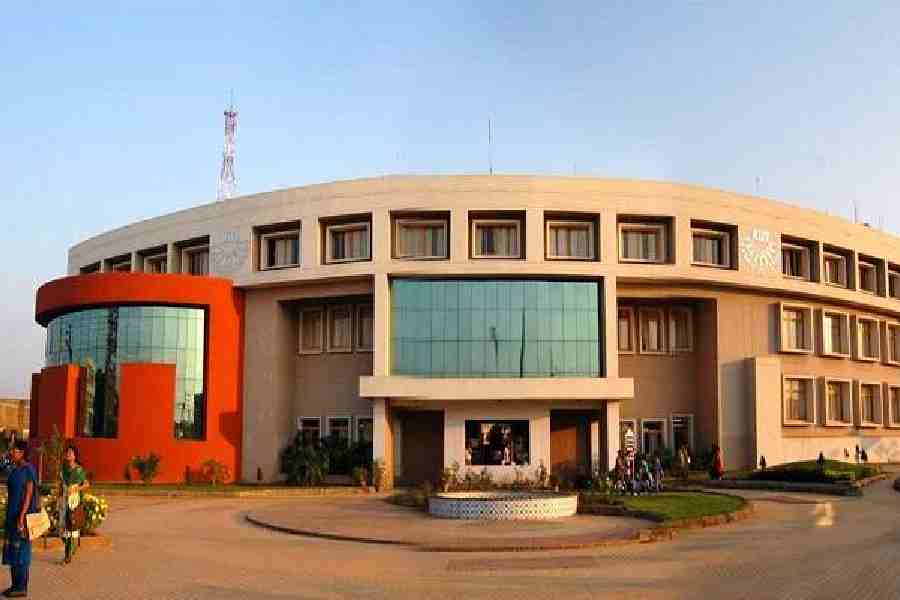The University Grants Commission (UGC) has issued a show-cause notice to KIIT University, Bhubaneswar, citing serious lapses in handling student suicides, including illegal administrative actions, infrastructure failures, and disregard for sexual harassment complaints.
The move comes after a UGC-appointed fact-finding panel concluded that the deaths of two Nepalese students earlier this year could have been prevented.
The notice, issued on Sunday, gives KIIT seven days to respond. “Failure to comply may compel the UGC to initiate appropriate actions, including but not limited to disciplinary proceedings,” a senior UGC official said.
The commission has also warned that the deemed-to-be university could face sanctions, including a freeze on expansion, withdrawal of deemed status, and possible closure of departments or off-campus centres.
In a damning assessment, the UGC report stated the institution’s actions “amount to criminal liability” and that several senior officials and internal complaints committee members were “liable for criminal punishment under the law.”
The probe was ordered following the suicides of two students from Nepal within a span of three months. On February 16, Prakriti Lamsal, a third-year BTech student, was found dead in her hostel room.
On May 1, Prisha Shah, a first-year Computer Science student, also died by suicide.
Both incidents sparked uproar, especially among the Nepali student community on campus, many of whom accused the administration of threatening, mistreating and even physically assaulting those who raised concerns. Reports emerged of students being forcibly evicted from hostels and silenced when attempting to protest.
The UGC formed a fact-finding committee, chaired by Professor Nageshwar Rao, which submitted its report on May 20.
The panel found that in at least one of the cases, the university failed to act on sexual harassment complaints made by the student, instead allegedly forcing an “illegal compromise” that ultimately led to her death.
“The university had the power to take punitive action against the accused after the first complaint, but it chose to favour him and brokered an unlawful settlement,” the report stated. “This suicide could have been averted.”
The committee identified a string of violations ranging from administrative misconduct to infrastructural neglect. Hostel facilities were termed “substandard,” with rooms crammed with three students and little consideration given to cultural sensitivity for international students, particularly women from Nepal.
Complaints of sexual harassment were either ignored or resolved through unlawful backroom compromises.
The panel also alleged that university security staff used physical force against protesting students, while international students were removed without proper support.
“The institution prioritised the reputation of the university over regulatory norms, legal mandates, and even India’s international relations,” the report noted.
Citing “illegal and unlawful activity,” the UGC said it is contemplating strong regulatory action, including freezing KIIT’s future expansion plans, initiating departmental proceedings against officials, and in the most severe scenario, revoking its deemed university status.
Meanwhile, KIIT University has not issued a public response to the UGC’s findings and notice.
The twin tragedies have renewed the national conversation around mental health support systems and campus safety, especially for international students enrolled in private universities.










